-
What Is Quality Children’s Literature? What Is Trash?
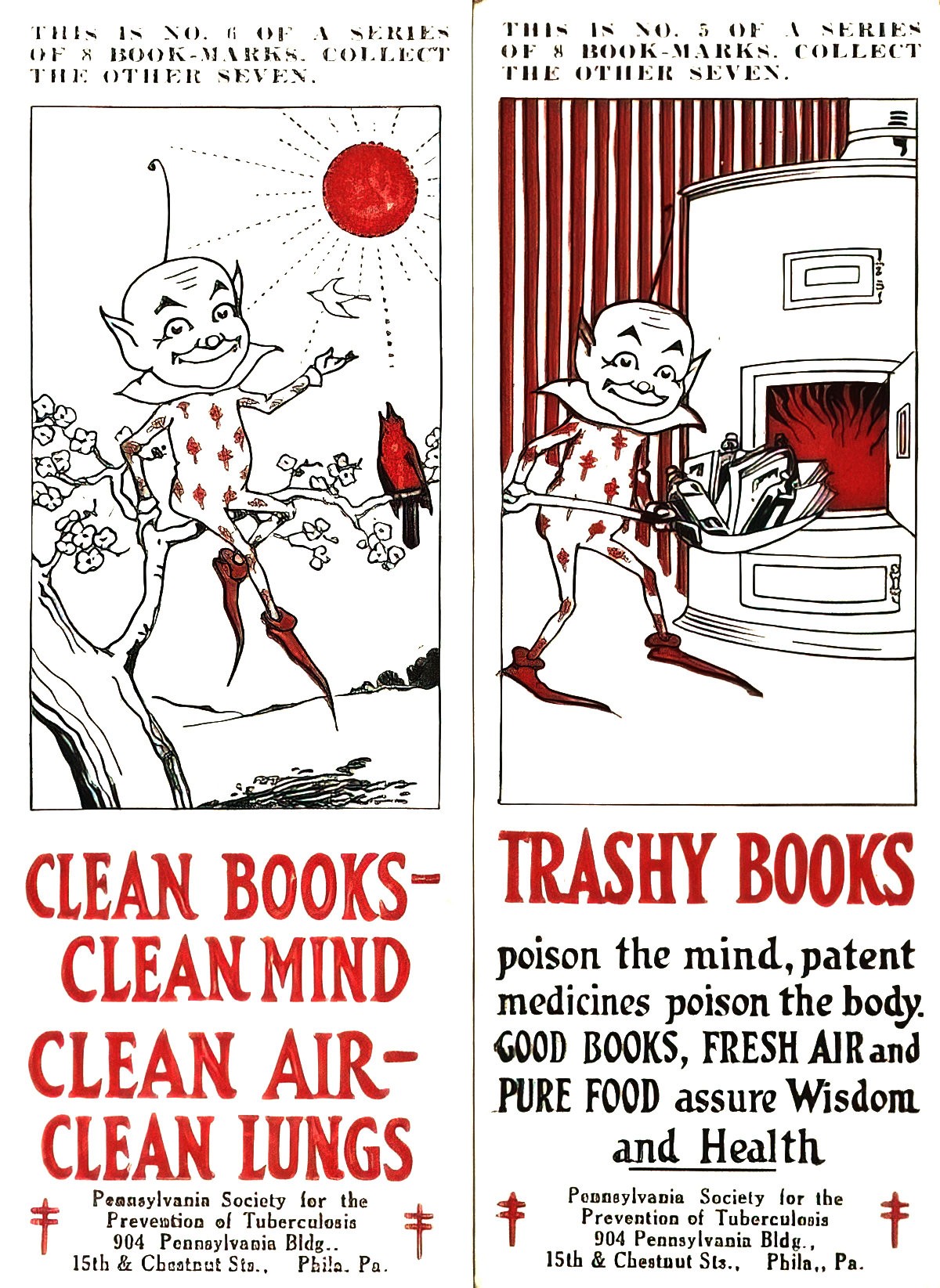
Children’s literature is often lumped into two broad groups: treasure and trash. The former is sometimes called ‘literary’, the latter ‘commercial’.
-
Books Before Bedtime?
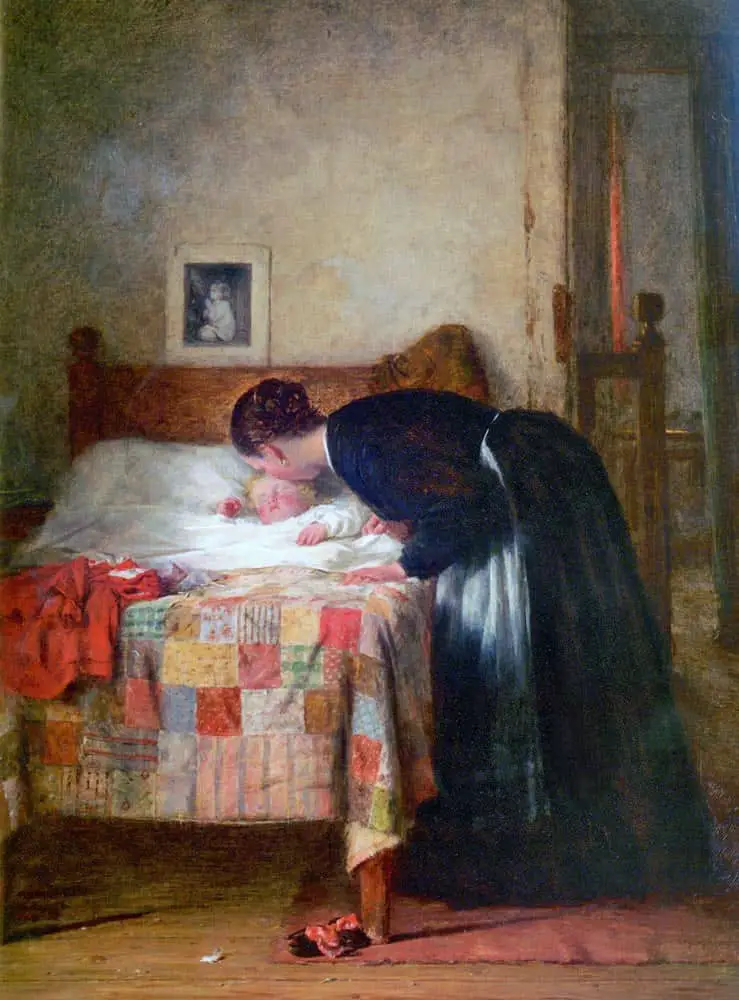
A friend from tennis has adult children. A librarian once told her to never, ever, under any circumstances read books before bedtime. Books are not for putting children to sleep. Yet all those home away home picture books which take place over the course of a day and end with the child in bed seem […]
-
Parasocial Relationships In Fiction and Life

Let’s talk about parasocial relationships (PSRs). Who do you think of when you think Person In A Parasocial Relationship? Is it, by any chance, an Annie Wilkes archetype cf. Stephen King’s Misery?
-
What Is Transmedia?
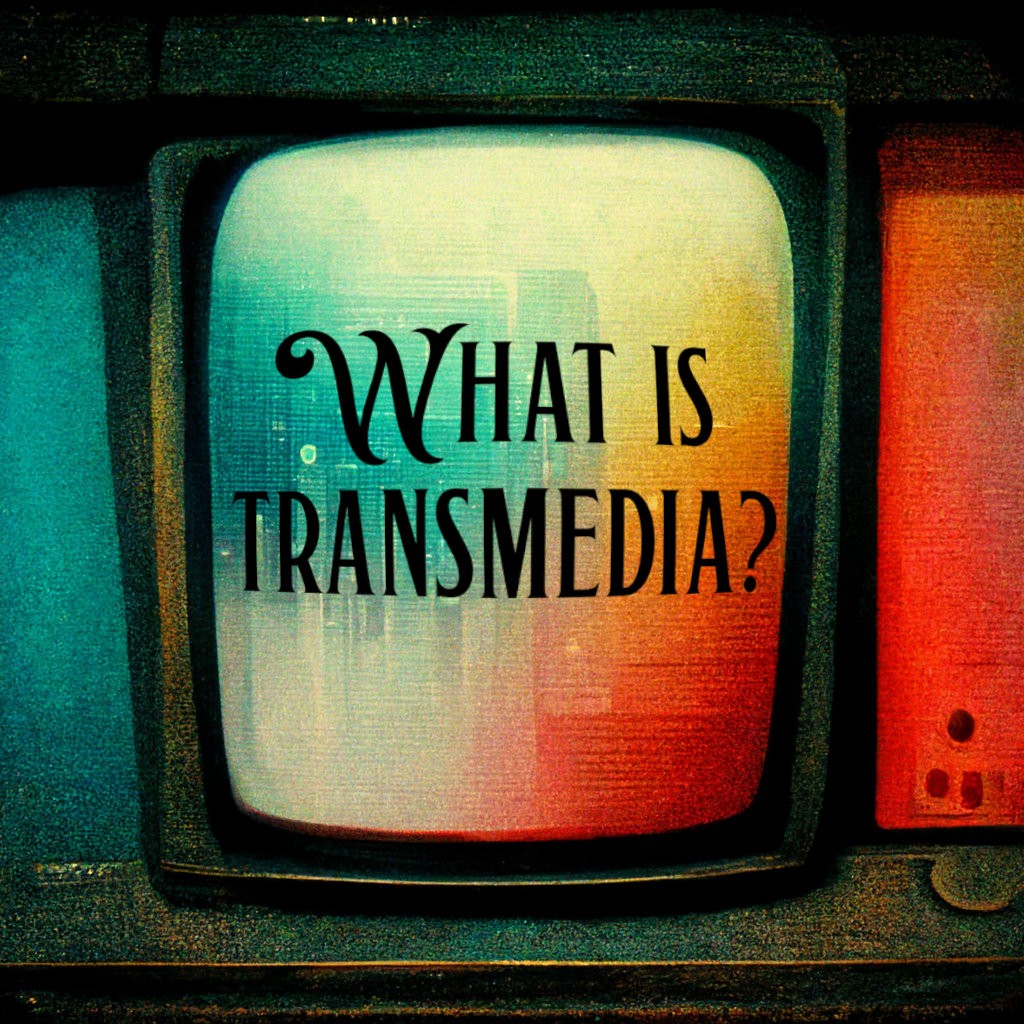
Transmedia Storytelling references the process of using various parts and elements of a topic that are shared periodically via multiple means of delivery (transmedia) for the explicit purpose of drawing in, intriguing and entertaining those who are targeted to receive the transmedia. Cat Flippen And gives an example using The Matrix: Parts of the entire […]
-
Stereotypes, Tropes, Caricature and Archetypes
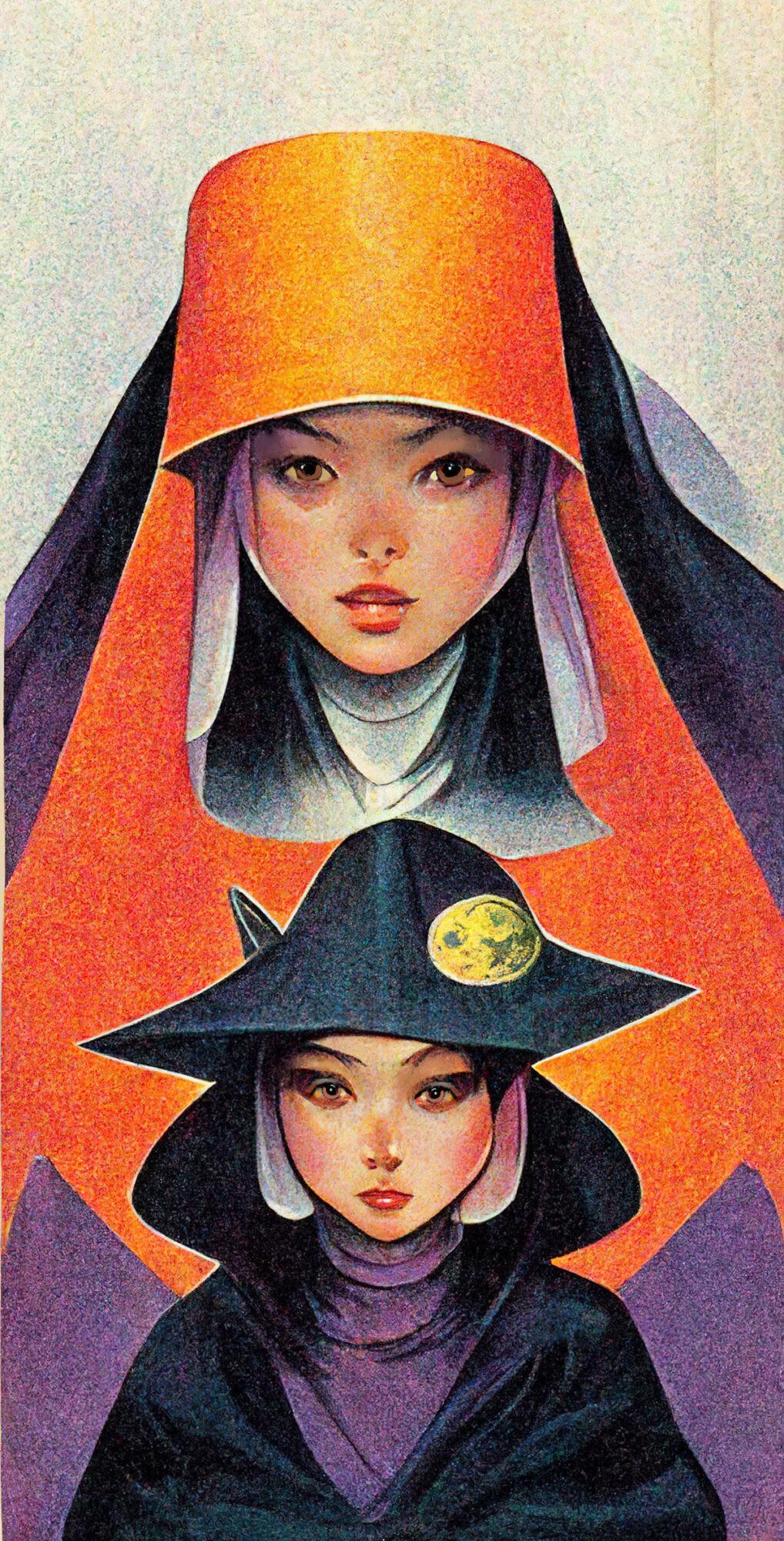
WHAT IS A STEREOTYPE? “Stereotype” is originally a printing term referring to the plate used to print identical copies of something, so “break[s] the mold” is an apt phrase for describing something that’s distinctly different from the stereotype. (“Mold” refers to the mold used to create identical objects, not the mold that grows on old […]
-
Portal Fantasy and the Symbolism of Doors
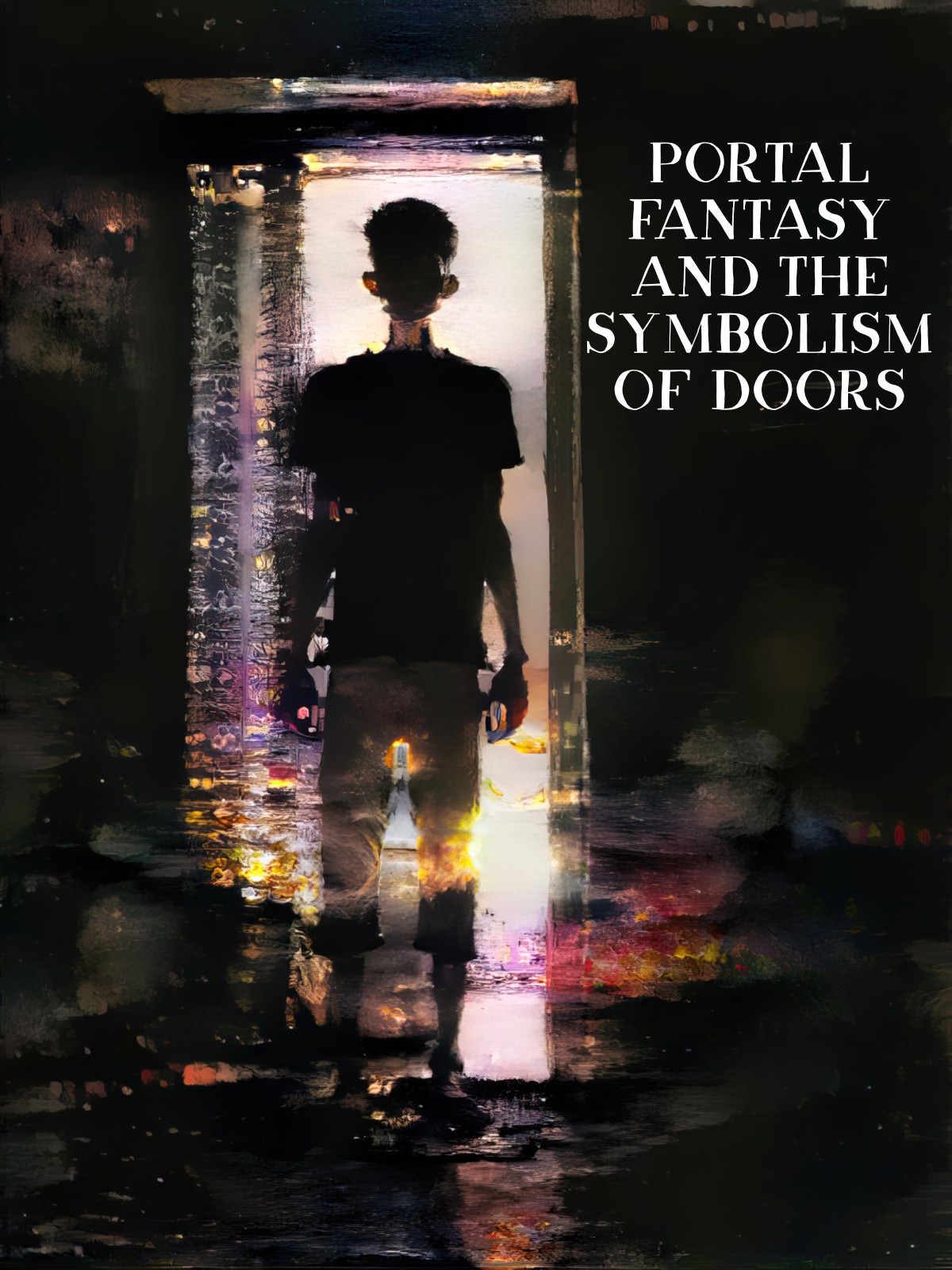
Portal fantasy or portal speculative fiction is a story which transports the characters into a magical world via a gate/wardrobe/magical tree or anything else the author might imagine. As a child, this was my favourite kind of story, alongside the everyday humorous category of middle grade fiction written so well by Beverly Cleary.
-
Notes On The Hero From Vogler
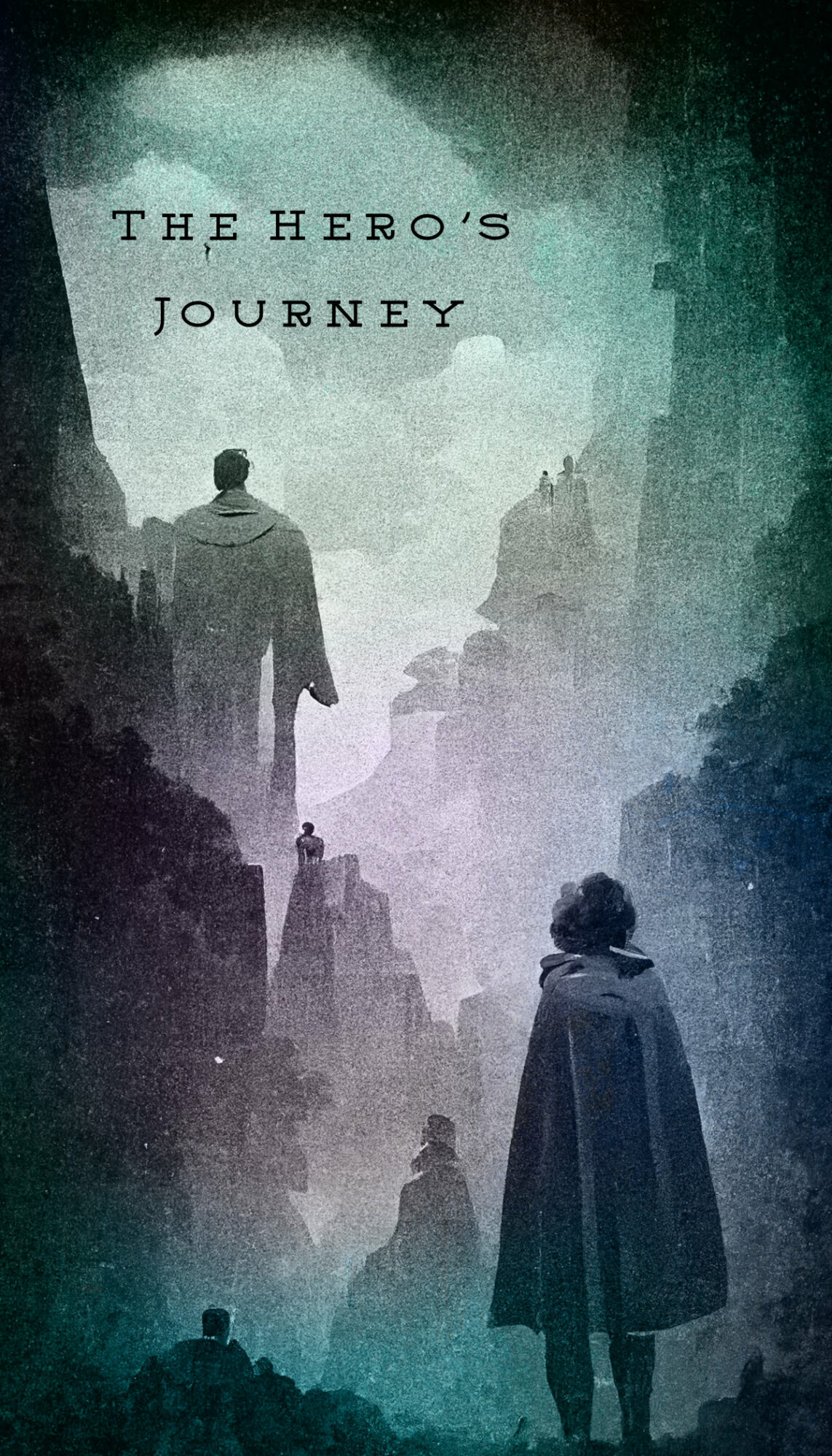
If you’re reading something and you’re not sure who the hero is, it’s the character who changes the most. [But this is a little complicated.] The hero is usually the most active one in the story. A hero springs into action with the arrival of some outside force — that includes the reluctant heroes. Heroes […]
-
Content We Crave
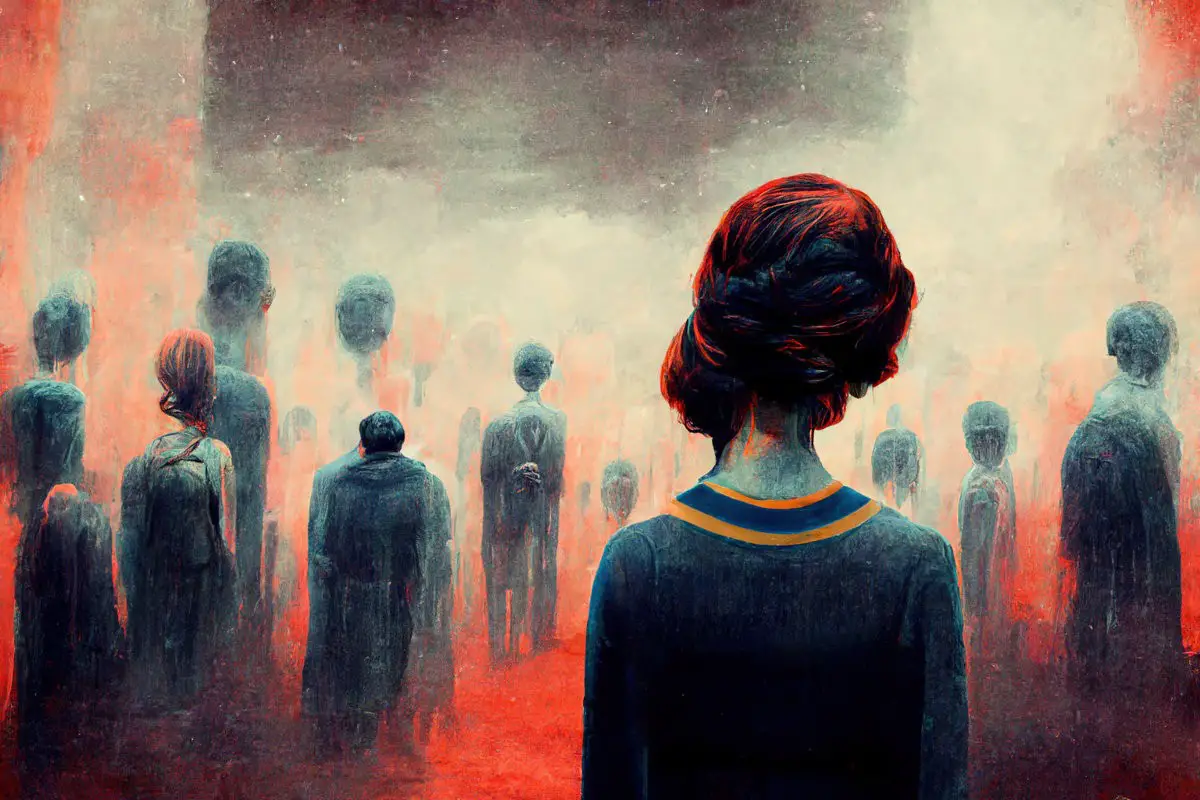
What do you want from a story? How does this differ over time? What do you think other people want from their stories? When writing your own, which human cravings are you catering to? Overweening pride, lust, natural disaster, sheer avarice, all varieties of personal weirdness, terrible things done by polite and decent people — […]
-
Dystopia, Apocalypse and Climate Fiction
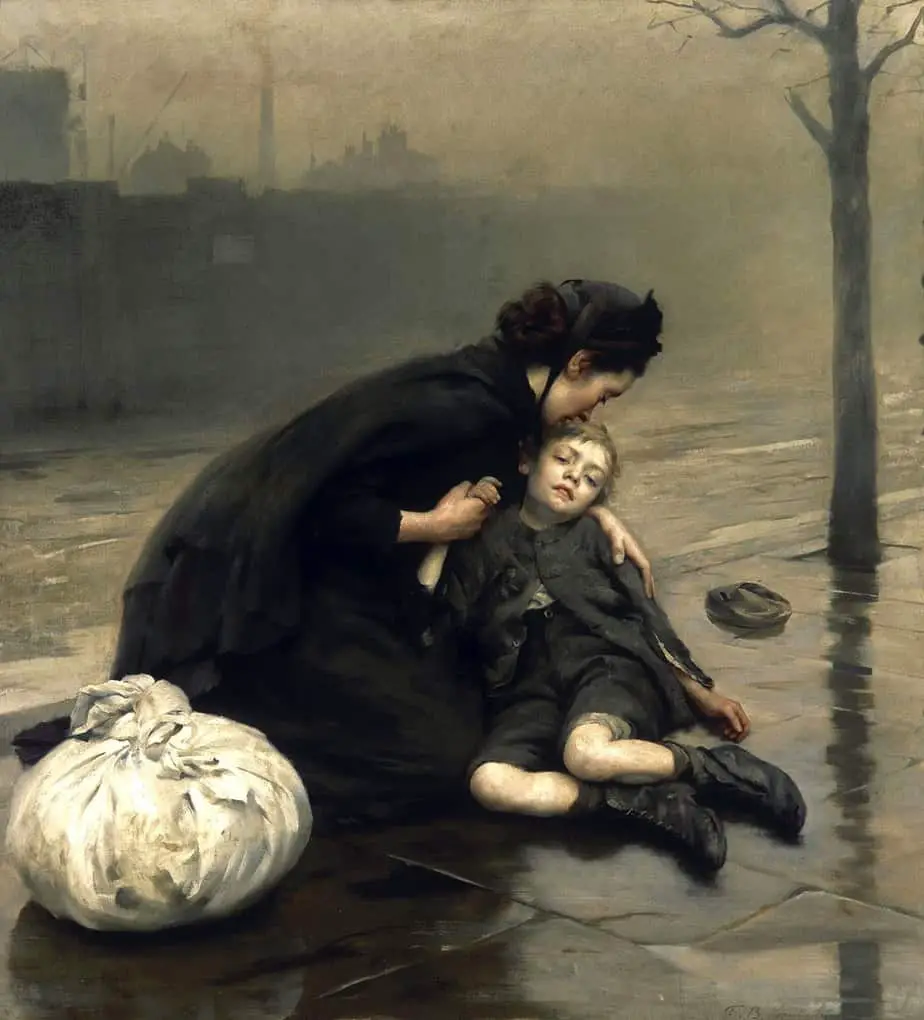
According to a large portion of the world’s population, humankind is already living in a dystopia.
-
Differences Between Writing For Children and Adults
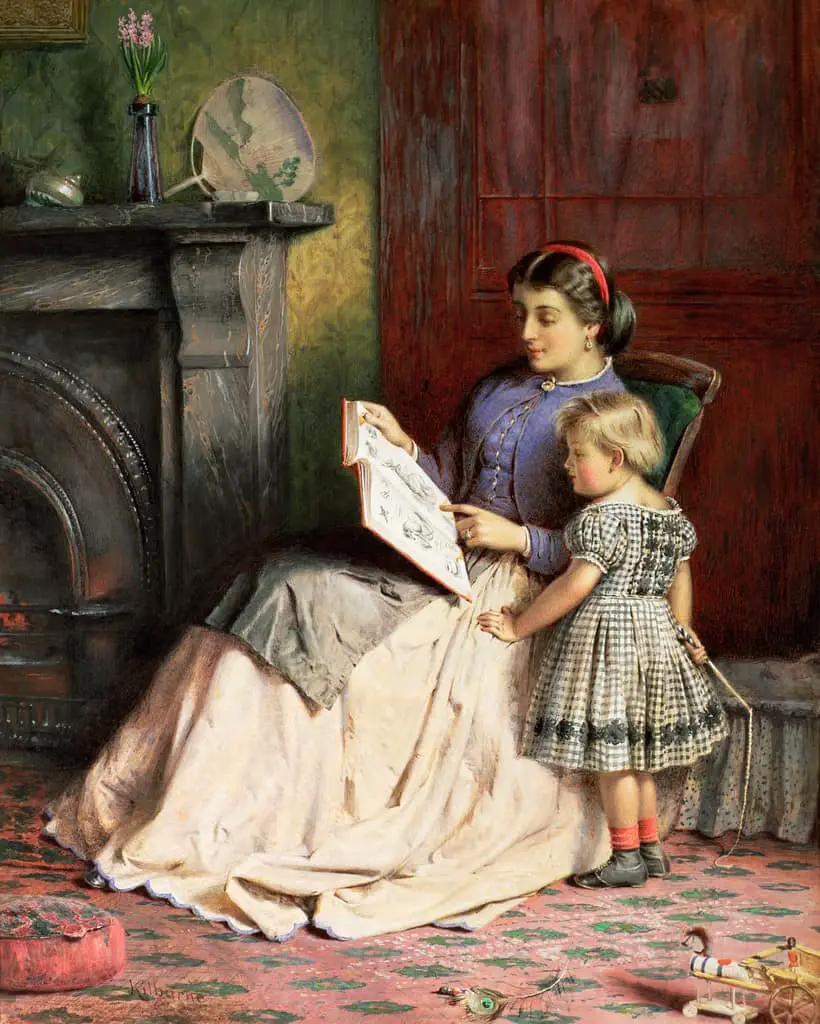
1. What can I expect of children whose understanding of language is not yet nearly as well developed as my own adult linguistic skills, without asking too much of them? 2. What ought I to expect of children without contravening educational, psychological, moral and aesthetic requirements, particularly since it is not always easy to bring […]
-
The Study Of Film Equals The Study Of Picturebooks
In juxtaposing a series of pictures in order to imply the sequence of a story, picture-book artists act much as filmmakers do. Andre Bazin [film critic] suggests that montage, assumed by many to be the essence of film art, is “the creation of a sense of meaning not proper to the images themselves but derived exclusively […]
-
Cloud Tea Monkeys and Mysterious Traveler by Mal Peet and Elspeth Graham
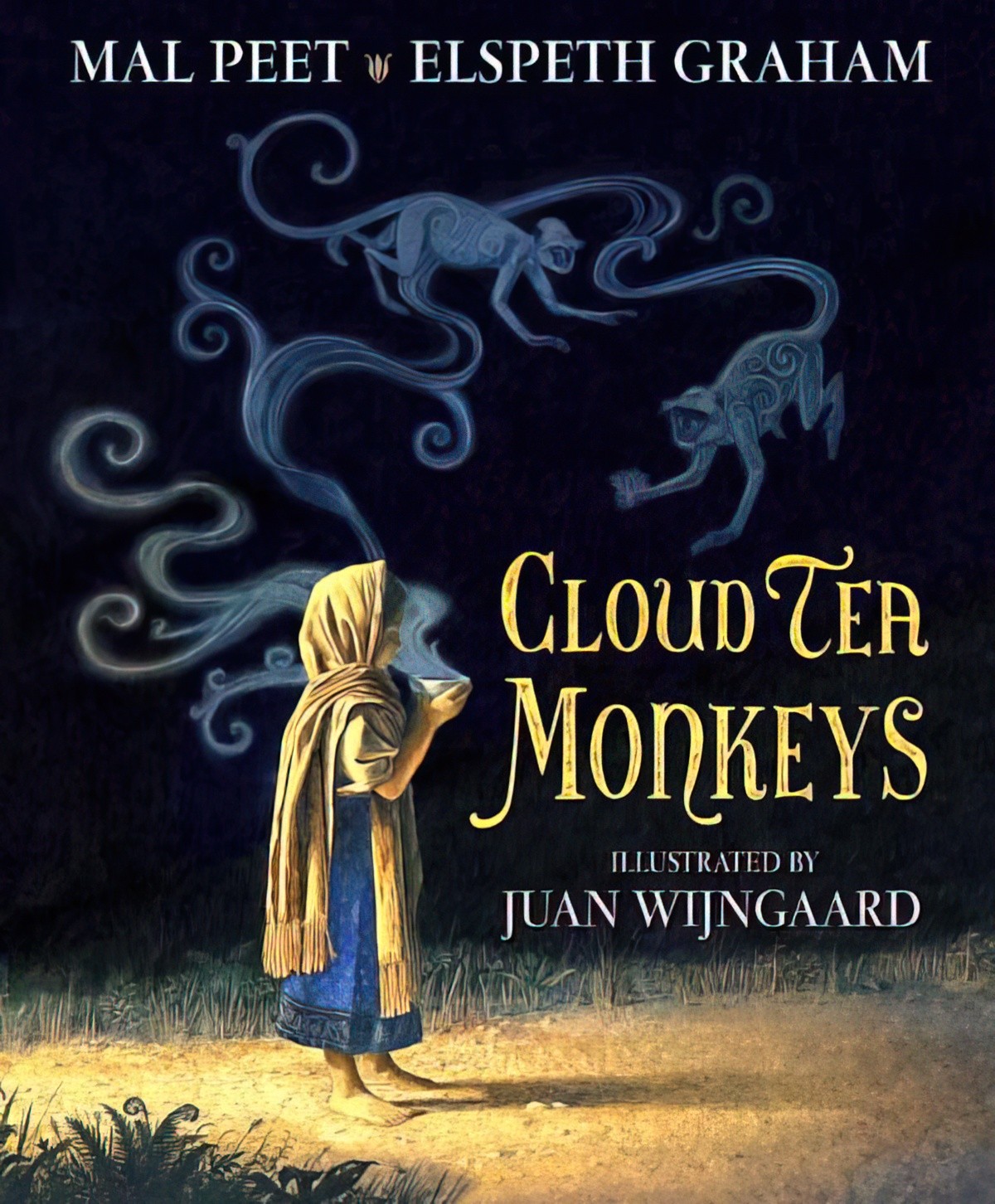
On 15 June 2013, husband and wife team of Mal Peet and Elspeth Graham were interviewed by Kim Hill on Saturday Morning RNZ, for the ‘Playing Favourites’ segment. The songs themselves can’t become podcasts for copyright reasons, but if you’re interested in how a picturebook originates from two co-writers which is then illustrated by someone […]
-
Happy vs Sad Endings In Children’s Stories
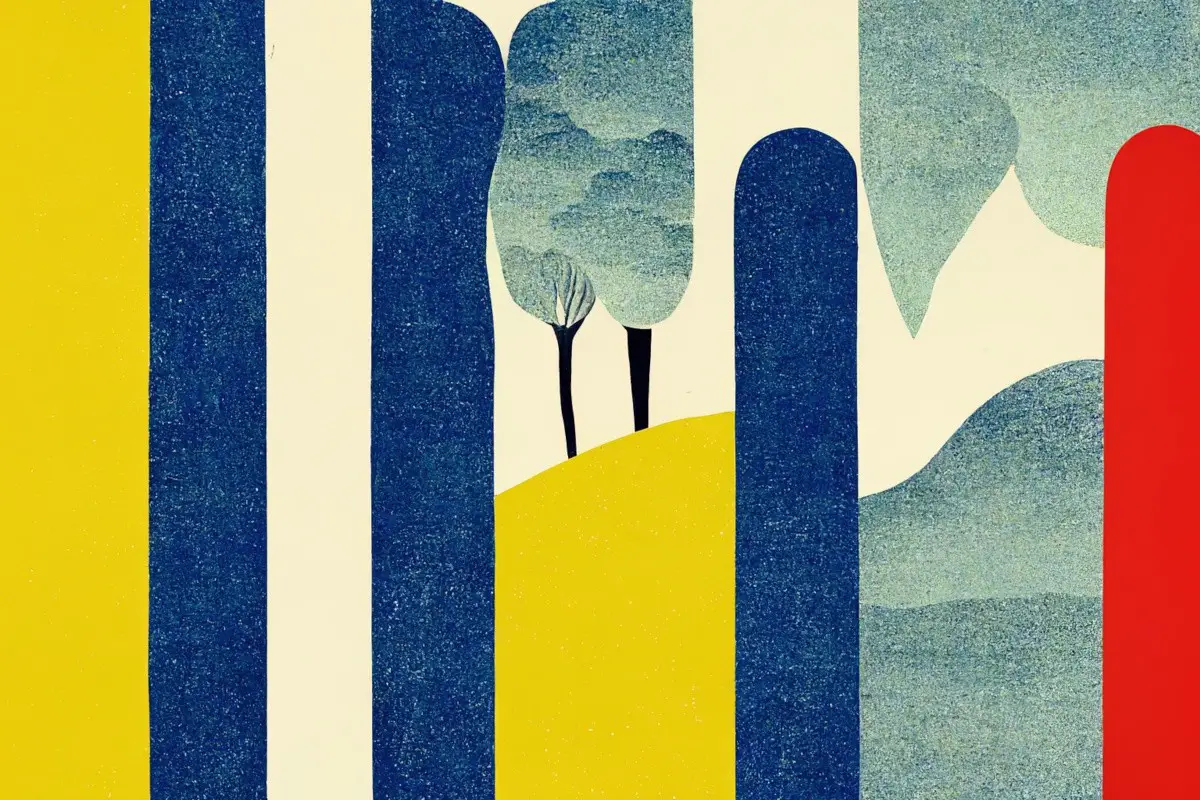
If you want a happy ending, that depends, of course, on where you stop your story. Orson Welles I want them all to have happy endings although I do realize this is not true to life. But I get attached to my characters and I don’t really want to do them in. And I think […]
-
Television Endings

It’s impossible to say anything about television endings without first drawing a sharp line down the middle of two very different narratives: The storytelling in each looks quite different. CASE STUDIES The Sopranos When I was talking to HBO recently, I told them about a big learning experience I had thanks to the finale of […]
-
Short Story Endings and Extrapolation

A key term in classical Chinese poetry is ju jue yi bujue (句絕意不絕) which means “lines that end but meaning that does not end.” This is a useful distinction, and a similar concept applies to many short stories. Staying in Asia, Japan also has a concept which applies to many types of short story endings: […]